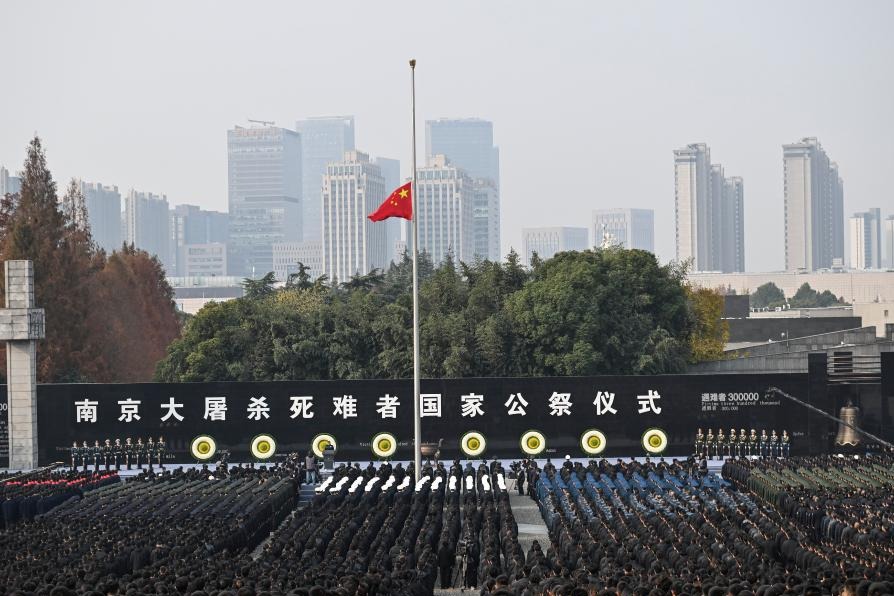Recipients not in search of special treatment

When I first met Dabao, a kidney transplant recipient, near the end of the opening ceremony of the eighth China Organ Transplant Games held in Wuhan, Hubei province in mid-June, he was sitting alone, away from the crowds busy taking pictures to mark the moment.
I was initially attracted by the two badminton rackets sticking out of his backpack. A badminton fan myself, I thought we could strike up a conversation easily.
He was startled when I introduced myself, and was concerned about his privacy and whether I wanted to take his picture. He asked that I use a pseudonym.
Reassured by my response, he agreed to talk and said he was looking forward to meeting people at the event who'd shared similar experiences with him. "We all live in different regions and only chat online, but this event brings us together in person."
He revealed why he shunned the group photos, though. "I have hidden the fact that I underwent a kidney transplant surgery from most of my colleagues and acquaintances back in my hometown, so I do not want to be seen in any pictures," he said.
The primary reason for this decision, he said, was because he did not want to be seen as being different or vulnerable. "Being an organ recipient, I don't usually feel discriminated against in my daily life, but I fear being considered susceptible to injuries or being thought of as less capable than my peers," said Dabao.
At that moment, I realized that when I approached him and other competitors at the event, I was still seeing them as patients. My meager medical knowledge and my instinct led to the belief that despite a new organ and a successful surgery, organ recipients had to live in the shadow of their past diseases.
I wondered what the physical situation was like for most organ recipients, so I turned to an expert for an answer.
Chen Zhishui, head of Tongji Hospital's organ transplant research institute, said all organ recipients are encouraged to lead a full life, and many of them are capable of outperforming their old selves.
"The whole purpose of the transplantation surgery is to enable them to immerse themselves into society again and contribute to social development," he said.
Transplant recipients have taken different approaches to deal with scars from the past. Some are unwilling to divulge their experiences to anyone other than family members. Some don't flinch when showing areas of deep scarring on abdomens or chests to others. Some have dedicated efforts to promoting organ donation and have become ambassadors for the cause.
Chen said participants at the games were among those adapting well to their new lives. "There is still a large number of organ recipients who are fully recovered but are still reluctant to go outside due to psychological barriers," he said.
The next day following my chat with Dabao, I grabbed an opportunity to play badminton with him when the court was free.
I pulled out all the stops and didn't give him an inch; I knew it was the right way to show my respect for him and to celebrate life.





































